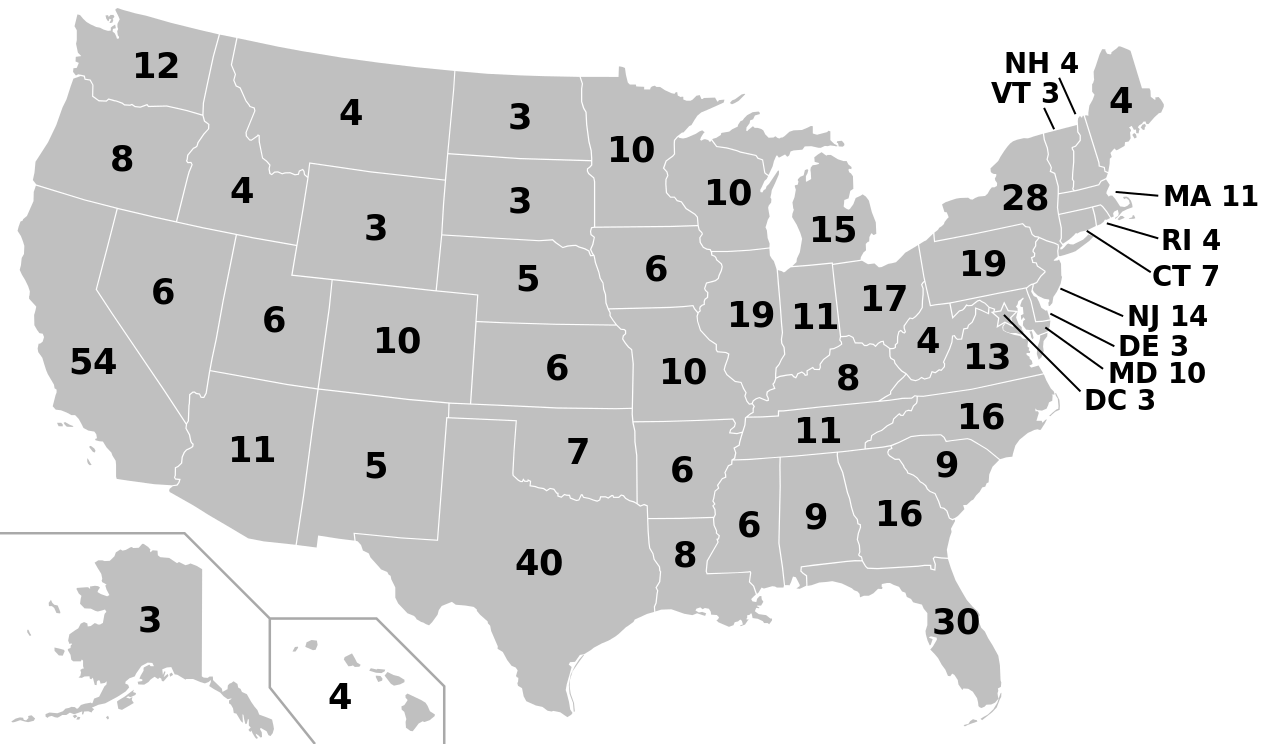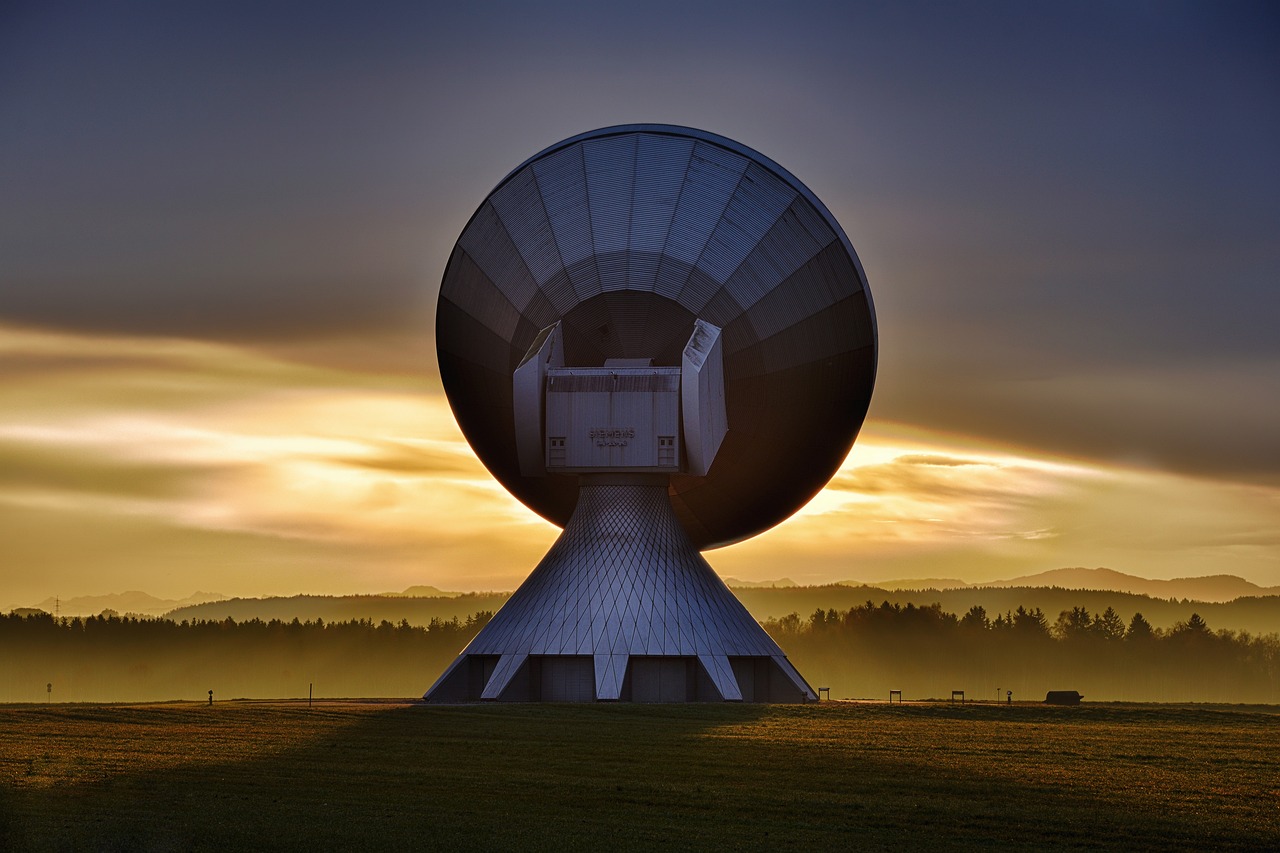The Federal Communications Commission imposed a fine of $150,000 (£125,000) on Dish Network due to their failure to adequately distance an outdated satellite from others that are still in operation.
The company acknowledged responsibility for the EchoStar-7 satellite and reached an agreement with the FCC that includes a “compliance plan.”
Space debris refers to discarded pieces of technology that remain in Earth’s orbit despite being no longer functional, posing a potential risk of collision.
Space debris, formally referred to as space junk, encompasses various items such as outdated satellites and components of spacecraft.
The Federal Communications Commission (FCC) has expressed concerns about the potential risks associated with Dish’s satellite operating at its current altitude, particularly in relation to other satellites in Earth’s orbit.
EchoStar-7, a satellite launched in 2002, is positioned in a geostationary orbit approximately 22,000 miles (36,000km) above the surface of the Earth.
The purpose of the Dish was to propel the satellite an additional 186 miles away from Earth. However, by the time it reached the end of its operational life in 2022, it had only managed to move it 76 miles due to fuel depletion.
Loyaan Egal, the chief of the FCC enforcement bureau, emphasized the need for strict adherence to commitments by operators as satellite operations gain prominence and the space economy progresses.
“This is a breakthrough settlement, making very clear the FCC has strong enforcement authority and capability to enforce its vitally important space debris rules.”
Loyaan Egal, FCC Chief
The penalty of $150,000 accounts for a minute fraction of Dish’s total earnings, which amounted to $16.7 billion in 2022.
However, according to Dr. Megan Argo, a senior lecturer in astrophysics at the University of Central Lancashire, the fine could potentially affect other satellite operators despite its imposition.
According to Dr. Argo, the industry is expected to take notice and be attentive now that they have implemented their regulatory powers for the first time.
“The more things we have in orbit, the more risk there is of collisions, causing high-speed debris. [This could] go on and potentially hit other satellites, causing yet more debris and potentially cause a cascade reaction,”
Dr. Megan Argo
Over the years, since the ini tial launch of the first satellite in 1957, the number of satellites sent into space has reached an approximate count of 10,000. However, a significant portion of these satellites are no longer operational, accounting for over half of the total.
Nasa states that there are over 25,000 fragments of space debris that are larger than 10cm in size.
NASA’s chief, Bill Nelson, stated in an interview with the BBC in July that space debris poses a significant challenge. As a result, the International Space Station has had to be repositioned to avoid colliding with the rapidly moving debris.
According to the Nelson, an astronaut performing a spacewalk is at risk of a fatal collision with even a small paint chip moving at orbital speed, equivalent to 17,500 miles per hour.









Leave a Reply